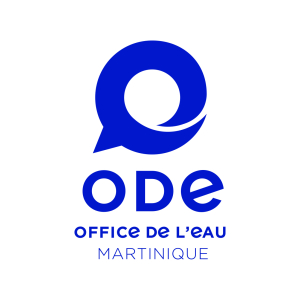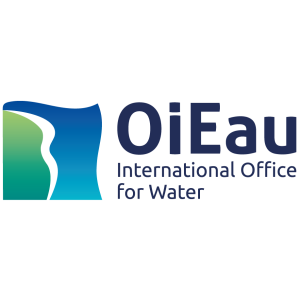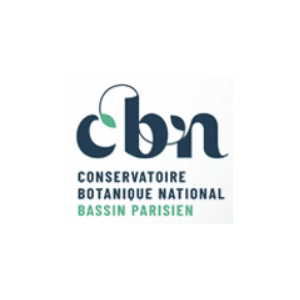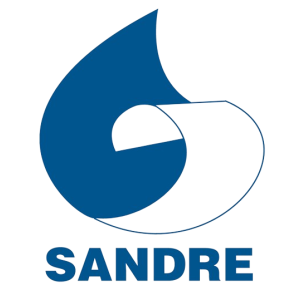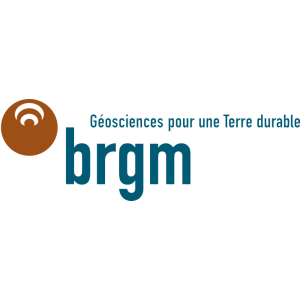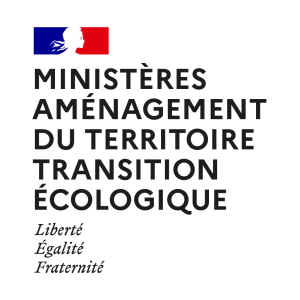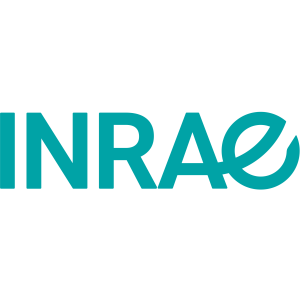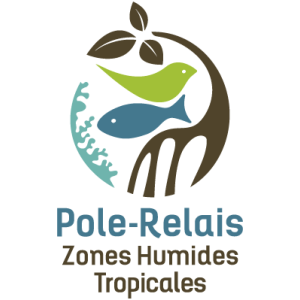
Document généré le 19/09/2025 depuis l'adresse: https://www.documentation.eauetbiodiversite.fr/fr/notice/mesures-geotechniques-par-grand-fond
Permalien: https://www.documentation.eauetbiodiversite.fr/fr/notice/mesures-geotechniques-par-grand-fond
Titre alternatif
Producteur
Contributeur(s)
Actes de colloques. Ifremer. Brest [ACTES COLLOQ. IFREMER.]. 1991
Identifiant documentaire
9-1157
Identifiant OAI
oai:archimer.ifremer.fr:1157
Auteur(s):
Cochonat, Pierre,Dansy, G,Leduc, Bernard,Meunier, Jacques,Harmegnies, Francois,Floury, L
Mots clés
Submarine cables
Deep sea mining
Offshore equipment
Geotechnology
Submersibles
Sedimentary structures
Sedimentology
Ferromanganese nodules
Instability
Marine technology
Sediments
Ocean floor
Deep water
Date de publication
01/12/1990
Date de création
Date de modification
Date d'acceptation du document
Date de dépôt légal
Langue
fre
Thème
Type de ressource
Source
Droits de réutilisation
info:eu-repo/semantics/openAccess
Région
Département
Commune
Description
The mechanical behaviour of sediments is usually studied from laboratory core analyses which do not take into account the real state of in-situ stresses. Therefore, the aimed purpose is presently to determine the in-situ geotechnical properties which mainly depend on the relationship between fine-grained particles and intergranular fluids. At IFREMER, these achievements have been pursued in the framework of 2 scientific program: "Nodules and Sedimentary Processes and Instability on Slopes, for which surficial measurements were conducted on selected seafloor targets usually pre-defined from high resolution geophysical data." 2 kinds of instrumentation were developed in correlation to 2 different strategies of handling at sea. There is the instrumentation of the submersible "Le Nautile" equipped with a vane shear device, which enabled us to measure for the 1st time the in-situ undrained shear strength of pelagic sediments in the nodule environment. The possibility of accurately choosing on the seafloor the testing sites by means of a submersible, enable us to achieve this spectacular operation of ground-truthing. The other set of instrumentation is an autonomous equipped frame tethered by a cable. It is a supported rig which can be handled by any customary oceanographic vessel and is designed to penetrate the seafloor up to 2 m with a piezo-cone.
Accès aux documents
0
Consultations
0
Téléchargements
